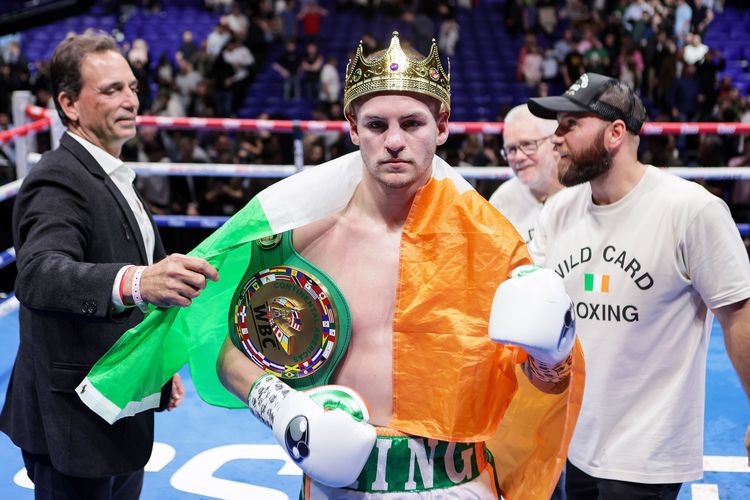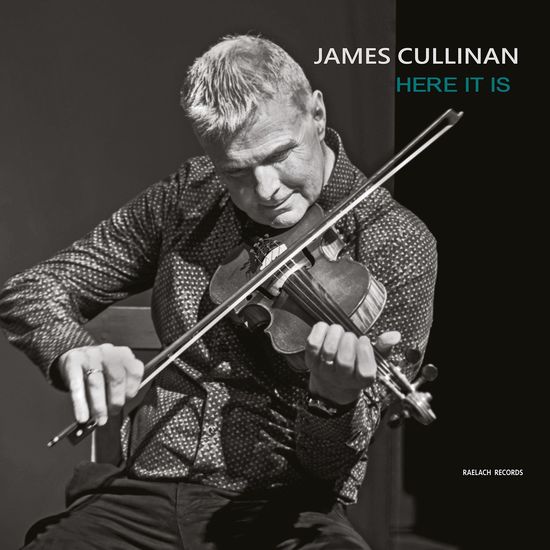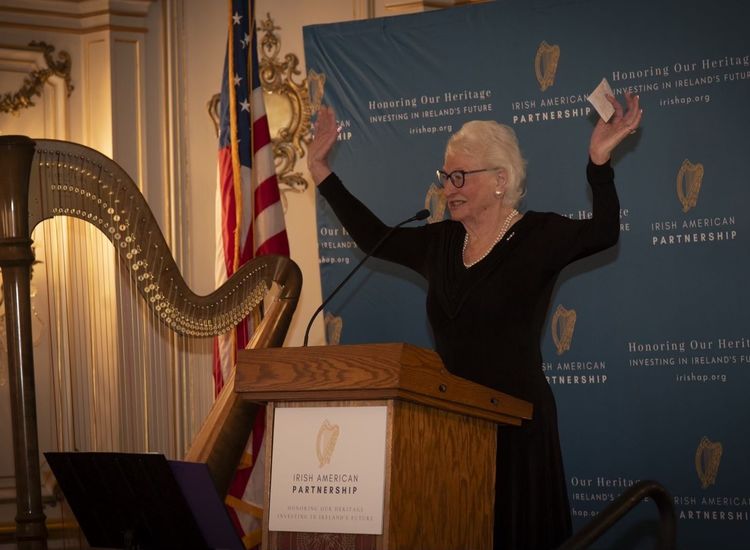Christopher O’Connor
By Ray O’Hanlon
Not for the first time, New York businessman Michael Salem will be remembering Christopher O’Connor at a gathering where all too many Christophers are being remembered.
This particular gathering is in Arlington, Virginia, just outside Washington, D.C., and is billed as the 32nd Annual Parents of Murdered Children Inc. National Conference.
America is all about business so even those who have lost their children have to incorporate.
Over four days beginning Thursday, the conference goers, Salem among them, will hold a candlelight vigil, view a memorial video, and attend the unveiling what is being called the “Murder Wall, Honoring Their Memories.”
There will be what a release called “inspirational workshops” with themes such as
“Understanding and Approaching Grief and Staying Healthy In Times of Crisis.”
The conference will be attended by “survivors” from across the United States and Canada and this year’s theme, “Find strength in unity, love in fond memories and hope in the future,” is designed to “help survivors move forward as they struggle to face the aftermath of murder.”
Michael Salem is not the parent of a murdered child. But he carries the memory of a young employee who was, he absolutely believes, brutally murdered.
And he has carried Christopher’s memory for over thirty years.
Christopher O’Connor was found dead outside the L’Amour East Nightclub in Queens, New York on April 11, 1987.
At the time, investigators ruled that O’Connor’s death had been due to excessive drinking.
His family and friends, and Michael Salem, very quickly, and ever since, have held the view that either O’Connor was murdered or, at the very least, that his death came about due to his being dragged into the nightclub and beaten by several bouncers.
As far as Salem is concerned, the case of Christopher O’Connor was either one of cover-up, or prosecutorial incompetence.
Beyond argument it is a case that involved violence.
On the night of April 10, O’Connor, who was 22, and two friends went to L’Amour East, where Motorhead and another band, Savage Grace, were playing.
In the early hours of the morning, sometime after 2:30 a.m., it is believed bouncers threw O’Connor out of the club.
O’Connor, drink taken or not, was sufficiently aware of what was going on to make a 911 call, timed from 04:21:57 to 04:25:22, in which he told the operator that he had been badly beaten and needed an ambulance.
Witnesses variously described O’Connor in further arguments with patrons and bouncers from the nightclub, and at least one witness said he saw O’Connor being dragged back into the club by the bouncers.
The next day, O’Connor’s body was found by a porter employed by L’Amour East when he took out garbage from the club to a dumpster in the alley.
The city coroner ruled that O’Connor died of acute alcohol poisoning.
Salem and others see it differently.
“Chris worked for me. He was like a surrogate son,” Salem told the Echo in an interview some years ago.
“He weighed 230 pounds. He couldn’t drink himself to death at that age.”
Some years ago a website - www.helpchristopher.com - was set up by Salem as part of his campaign to secure justice, however belatedly, for Christopher.
That campaign continues this week, and this weekend, in a suburban Washington hotel.
There is no statute of limitations for murder. There is no limitation on memory for a relative or friend while life endures.
More on Parents of Murdered Children at www.POMC.org











